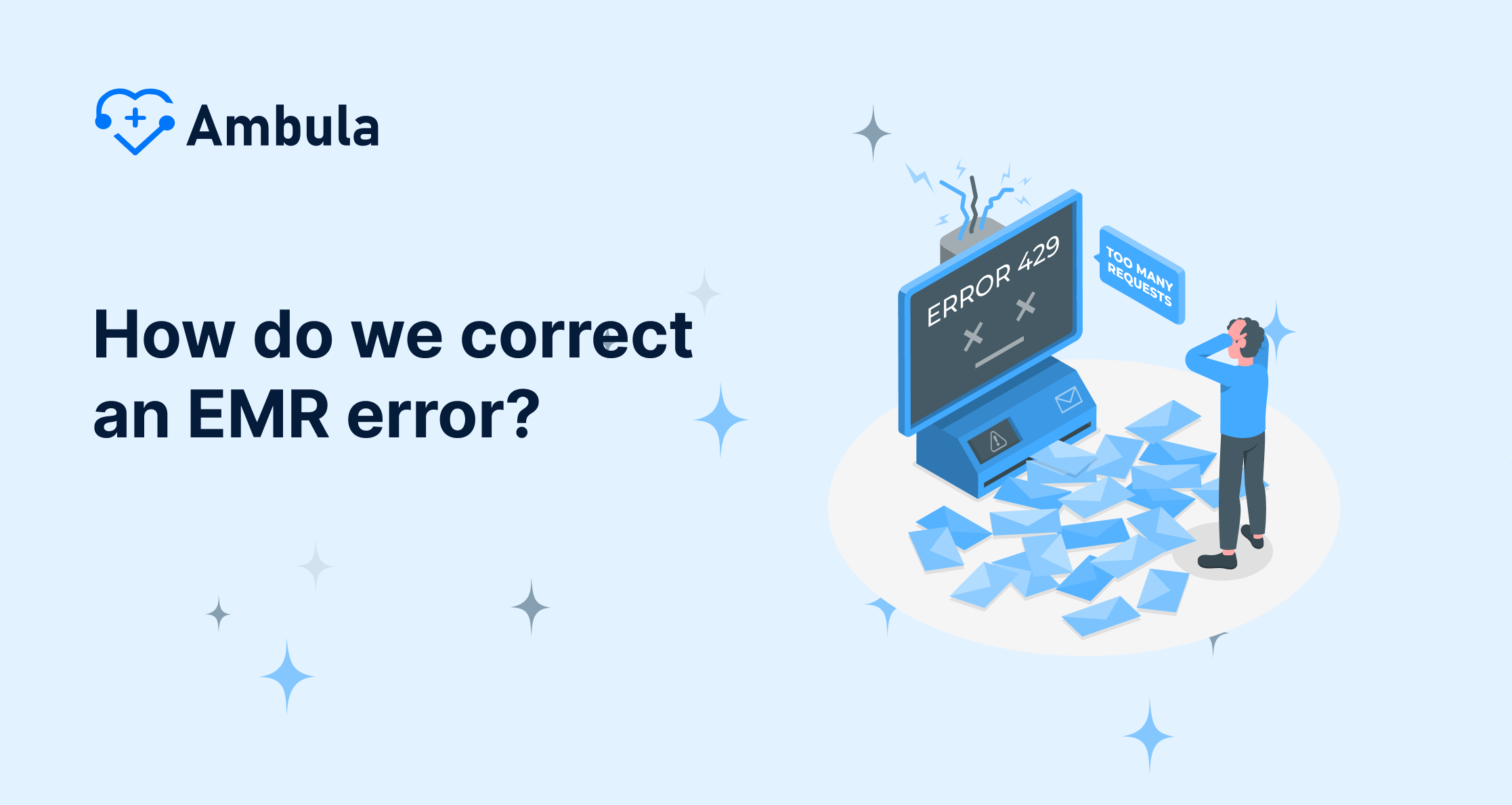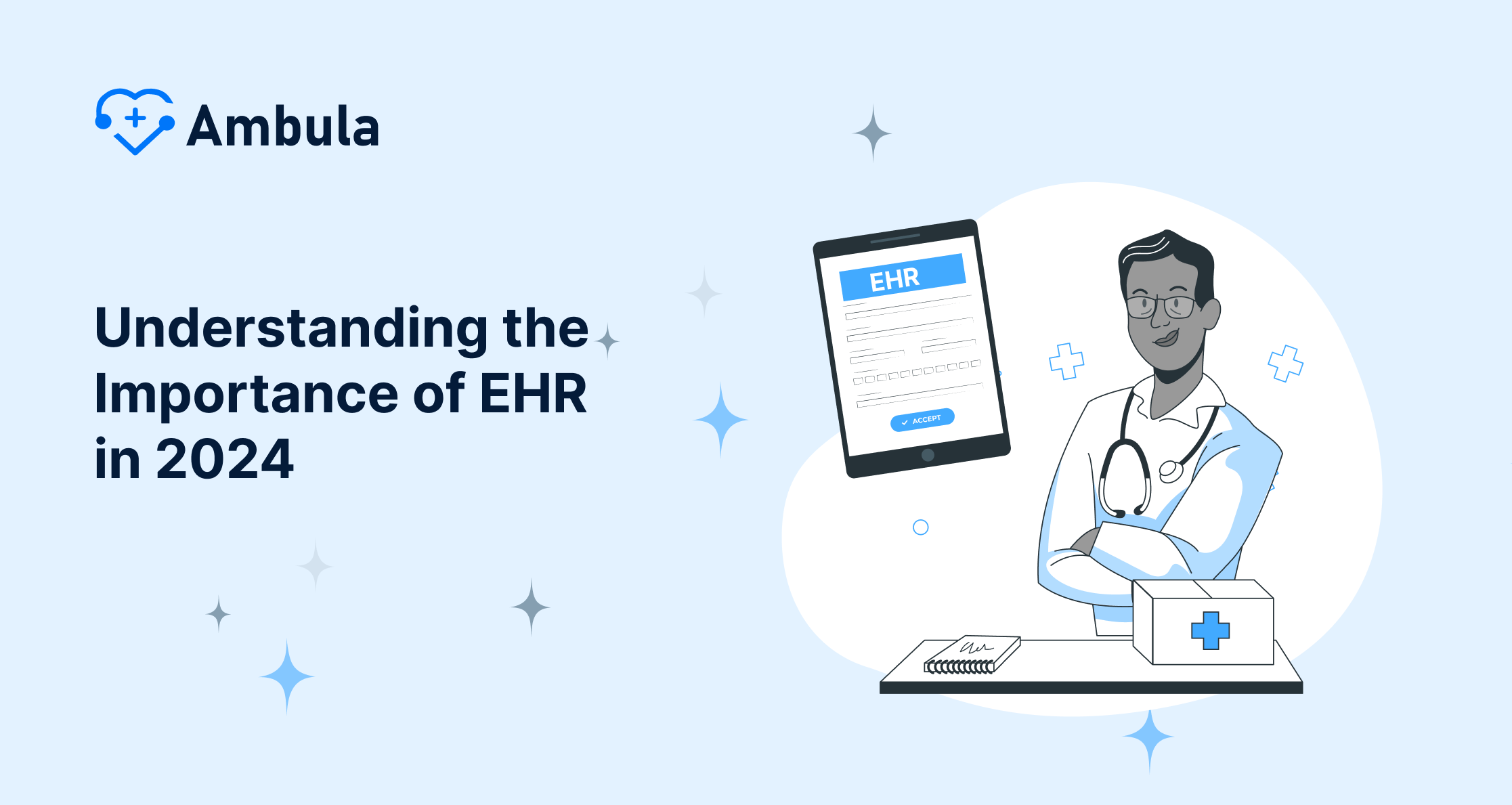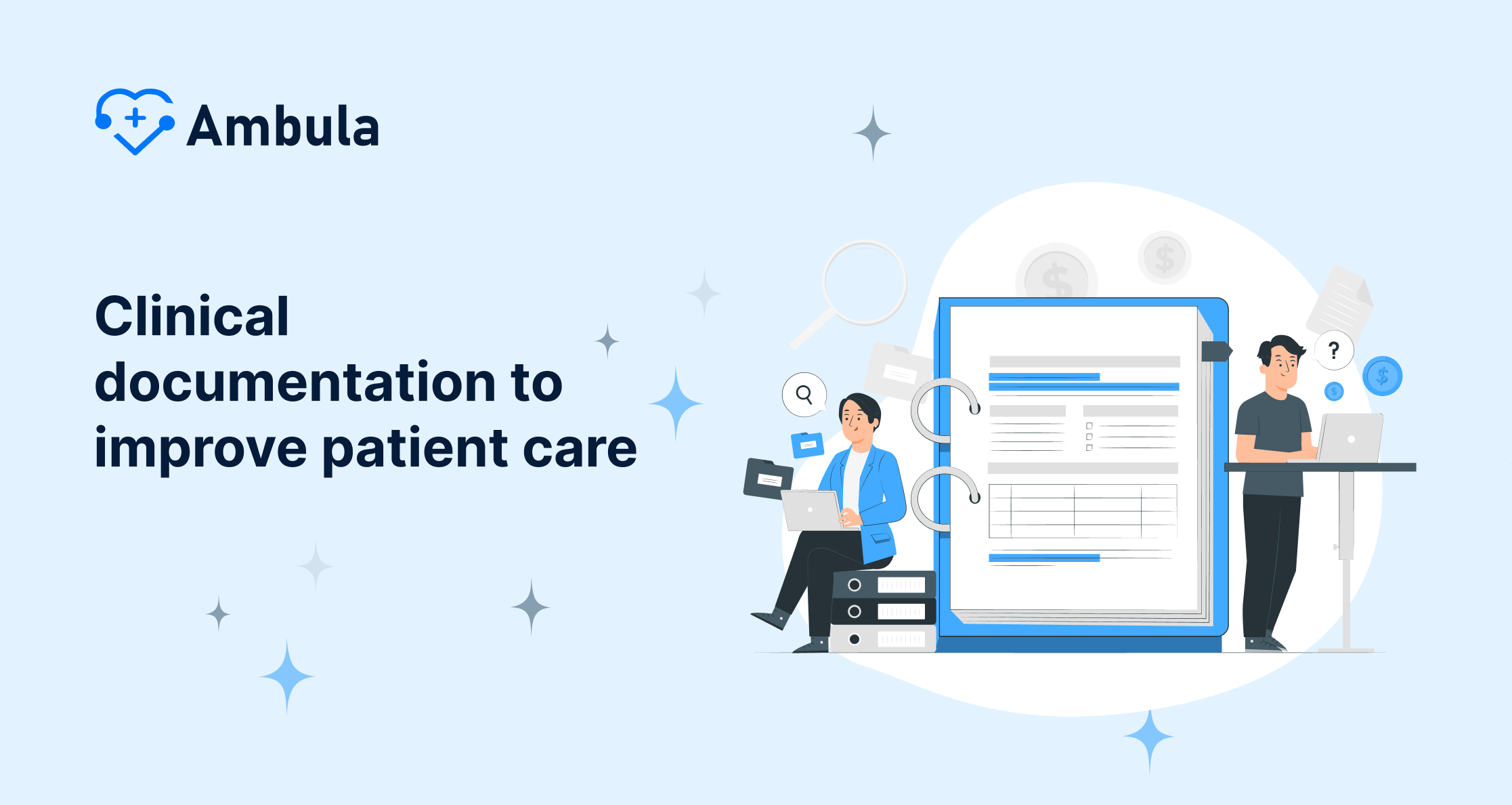Topics:
- Introducing medical billing and coding
- How does medical billing work?
- How does medical coding work?
- Challenges and Considerations in ASC Billing and Coding
- The Future of ASC Billing and Coding
- What differentiates ASC billing?
How about we make what is medical billing and coding in ASC simple for you? Let’s figure out the definitions, differences, similarities, and specificities shortly.
First and foremost, you need to know that ASC billing differs from regular facility or physician billing. Physician billing usually requires abiding by reimbursement guidelines. On the contrary, ASC billing and coding don’t revolve around one medical specialty.
In an ASC context, you don’t need a coding system centered on precise procedures, services, or diagnoses. Why? ASC unites all specialties.
However, as an ASC biller, you don’t need to worry about learning a new set of billing techniques and codes. Normally, Ambulatory surgical center billing allows the usage of the same billing techniques, codes, and guidelines within the medical industry. Yet, what makes ASC coding and billing different? Follow us until the end to find out.
Introducing medical billing and coding
To understand medical billing and coding in ASC, you need to grasp medical billing and coding in general. Firstly, medical billing is following up and submitting claims with health insurance companies. The target is to get paid for a healthcare provider’s services. The medical bills are the ones that link insurance companies and healthcare providers. In fact, they are responsible for ensuring that you, as a healthcare provider, get your reimbursement. Medical billing starts when your patient calls a doctor for an appointment.
Secondly, here’s what you need to know about medical coding. For every diagnosis, medical procedure, or injury, an appropriate code. Prices come up based on the nature of the treatment and diagnosis that the medical coding reports.
A good medical coder is familiar with a variety of sets and subsets of codes. These include the ICD, or the International Classification of Diseases codes, which correspond to a patient’s sickness or injury. Besides the CPT Current Procedure, medical terminology codes relate to services and functions the provider performs. Doctors, insurance companies, hospitals, and other organizations use these codes universally.
Check out these articles after you’re done
- Understanding medical billing codes and their importance
- How medical billing service can help your practice

How does medical billing work?
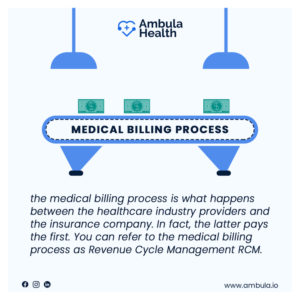
The answer to what is medical billing and coding in ASC needs some medical billing process knowledge. The truth is, the medical billing process is what happens between the healthcare industry providers and the insurance company. In fact, the latter pays the first. You can refer to the medical billing process as Revenue Cycle Management RCM. RCM includes managing payment, claims, and billing:
- Assignment of the codes based on the appointment of the patient with the doctor
- Transmission of the claim to the insurance company
- Processing of the claim by medical claims adjusters and examiners within the insurance company
- Approval of claims and reimbursement for a particular percentage of the billed service
- If the claim gets denied, the provider receives a notice
How does medical coding work?
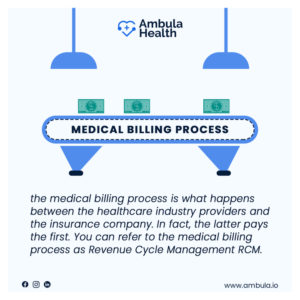
The second phase of medical billing and coding in ASC is uncovering medical coding. Previously, we explained that medical coding transforms operations into codes. Additionally, you can take the procedure and diagnosis codes from record documentation. For example, radiologic results, lab results, doctor’s notes, etc. A medical coding professional ensures the application of codes is correct during the billing process. Namely, the assigning of the appropriate codes, the abstracting of the information, and the creation of a paid claim. From the medical code translated from the documentation, a payer tells this:
- Any uncommon condition or circumstances affecting the service and treatment
- Services, treatments, and supplies that were given to the patient
- Medical necessity for services, supplies, or treatments received by the patient
- The diagnosis of the patient
Challenges and Considerations in ASC Billing and Coding
ASC billing and coding complexity stems from the diverse procedures performed in these facilities. Unlike traditional hospital or physician settings, ASCs handle a wider variety of surgical specialties, each with its unique coding guidelines and reimbursement requirements. This diversity necessitates a deep understanding of CPT, HCPCS, and payer-specific coding policies to ensure accurate and compliant billing.
Staying up-to-date with coding changes and payer requirements is another significant challenge for ASCs. The healthcare industry constantly evolves, with new codes, modifiers, and guidelines being introduced regularly. Payers also frequently update their policies, which can significantly impact ASC reimbursement. ASCs must maintain a vigilant eye on these changes and adapt their billing practices accordingly to avoid denials and delays in payment.
Coding errors can have a severe impact on ASC reimbursement and compliance. Even minor coding mistakes can lead to claim denials, delayed payments, and potential audits. ASCs must implement rigorous auditing procedures and provide ongoing training to their billing and coding staff to minimize the risk of errors.
In addition to these challenges, ASCs must also consider the following factors:
-
Payer mix: ASCs often deal with a diverse range of payers, each with unique coding and billing requirements. Understanding the nuances of each payer’s policies is crucial for accurate billing and timely reimbursement.
-
Pre-authorization requirements: Many ASC procedures require payer pre-authorization before being performed. Obtaining pre-authorization can be a complex and time-consuming process, and failure to do so can result in denied claims.
-
Patient collections: ASCs are responsible for collecting patient co-payments and deductibles, which can be a challenging task. Implementing effective patient collection strategies is crucial for maintaining financial stability.
What is the difference between billing and coding?
Both medical billing and coding involve many aspects. It all starts with the patient’s registration, then with the secure claim reimbursement, and finally, with the payment to the provider. Coders and billers collaborate. Overall, the collaboration includes the patients, insurance companies, and staff. Often, the two terms are interchanged. How are they different, then?
- Different types of work: this means different skills and capabilities.
- Personality: Usually, extroverts prefer to work in medical billing. But introverts are better at medical coding. This is due to the fact that billers work with patients while coders remain behind the scenes.
- Bigger healthcare practices split duties while smaller facilities merge the tasks.
- Medical coding is more like an alliance role, while medical billing is more autonomous.
- Billing and coding professionals or specialists can be one person at smaller facilities who manages billing and coding processes.
The Future of ASC Billing and Coding
The future of ASC billing and coding is poised to undergo significant transformations driven by technological advancements and evolving healthcare trends. Artificial intelligence (AI) and machine learning (ML) are expected to play a pivotal role in streamlining and automating many aspects of ASC billing and coding processes. AI-powered coding software can assist in identifying and correcting coding errors, reducing the burden on human coders and improving accuracy. ML algorithms can analyze vast amounts of billing and coding data to identify patterns and trends, enabling ASCs to optimize their revenue cycle management practices and predict reimbursement outcomes more effectively.
Another emerging trend is the adoption of real-time billing and coding solutions. These solutions allow ASCs to submit claims electronically in real-time, enabling them to receive reimbursement more quickly and identify any potential issues before they lead to denials or delays. Additionally, real-time data analytics can provide ASCs with immediate insights into their billing performance, allowing them to make timely adjustments and optimize their revenue cycle.
The increasing focus on data-driven decision-making also shapes the future of ASC billing and coding. ASCs are increasingly leveraging data analytics to identify areas for improvement in their revenue cycle, optimize resource allocation, and enhance patient satisfaction. By analyzing billing and coding data, ASCs can gain valuable insights into their patient demographics, procedure volumes, reimbursement trends, and payer mix, enabling them to make informed decisions that maximize their financial performance and improve patient care.
What differentiates ASC billing?
Finally, as promised, you will see what makes ASC billing and coding different. ASC billing and coding resembles billing hospital codes through the CMS-1500 claim form, which differs from a form related to the facility. Also, ASCs only offer services to people with a prior diagnosis from a primary care doctor. These are those needing medically necessary procedures for the ASC to receive reimbursement.
This was a general overview of medical billing and coding in ASC and its general context. You can look up further details online to learn more about these services, especially regarding coding and technicality.
We, at the Ambula Healthcare team are more than happy to answer any questions you have: (818) 308-4108! And now how to market your surgery center?

